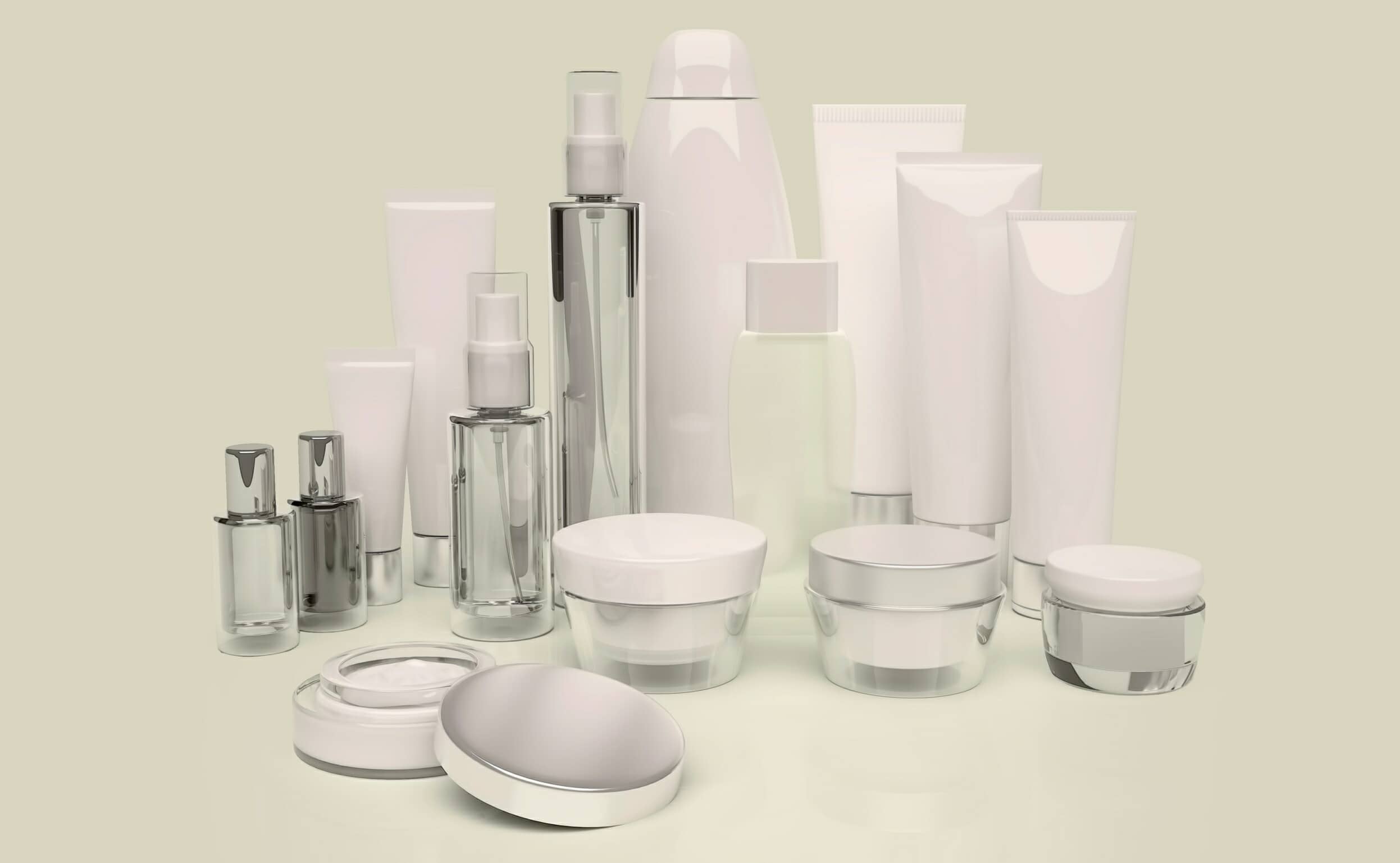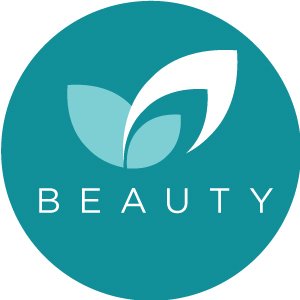
After doing everything you can to minimize the signs of aging, the last thing you want to discover is that your skincare products may actually be aging you, or even worse—making you sick. But some ingredients in skincare products, from shampoos and conditioners to moisturizers and sunscreens, will do just that. Learn about three specific hidden dangers below in order to protect your skin—and your health—from further damage.
Emulsifiers
These soap-based substances are responsible for drying and aging your skin. Emulsifiers bind together the oils and water-based ingredients in your favorite skin creams and lotions, so that when you buy them you don’t have to constantly shake them in order to get them to combine. But that convenience has a price. Once any nourishing oil is absorbed into the skin and the water is absorbed or evaporated, the emulsifier is left behind, leaving a soapy residue that damages the skin by:
- Disrupting the natural pH of your skin. The top layer of your skin carries an acidity or alkalinity known as its pH. The normal pH range of healthy skin is 4.5 to 5.3, which is slightly acidic. But most emulsifiers will leave your skin at around 6 or 7 (slightly more alkaline). This means your skin has to work overtime to get back to its normal range and, in the process, it produces excess oil that can lead to acne, redness, and rosacea.
- Impeding skin repair. When your skin’s pH is normal, it stimulates the production of healthy fats, or lipids, which protect and heal the skin every day. So, when the skin’s pH is off, its ability to repair itself becomes impaired.
- Diminishing the skin’s protective barrier. Emulsifiers are so good at binding that they bind to the skin’s natural oils too. Then when you wash your skin, you wash away healing lipids meant to protect your skin, resulting in drier skin and accelerated signs of aging like wrinkles and fine lines.
So, when evaluating your skincare products, look for the following ingredients to determine the presence of emulsifiers—then steer clear of products that contain them:
- Emulsifying wax
- Polysorbate
- Stearate
- Steareth
- Cetearyl
- Ceteareth
1,4-dioxane
While an emulsifier will damage the look of your skin, its byproduct, 1,4-dioxane, is even more frightening, since it could cause cancer. The U.S. Environmental Protection Agency calls 1,4-dioxane a human carcinogen. California includes it on a list of chemicals known or suspected to cause cancer and European nations have banned it. The FDA recommends that manufacturers reduce the amount of the chemical in their products, but does not require it by law.
You won’t find 1,4-dioxane listed as a skincare product ingredient, because it isn’t required by law to list it, but you can look for the following words that suggest its presence:
- Polyethylene
- Polyethylene glycol, also PEG
- Polyoxyethylene
- Any word ending with “oxynol”
- Any word ending with “eth” like Ceteareth
Parabens
These are preservatives used to increase the life of products. They may be listed as methylparaben, propylparaben, ethylparaben, or butylparaben, and using products that contain them can be dangerous. Doctors call parabens “endocrine disruptors,” meaning that they can wreak havoc with the hormonal system. Parabens have also been found in breast tumor biopsy samples, leading some scientists to speculate that parabens may cause breast cancer.


